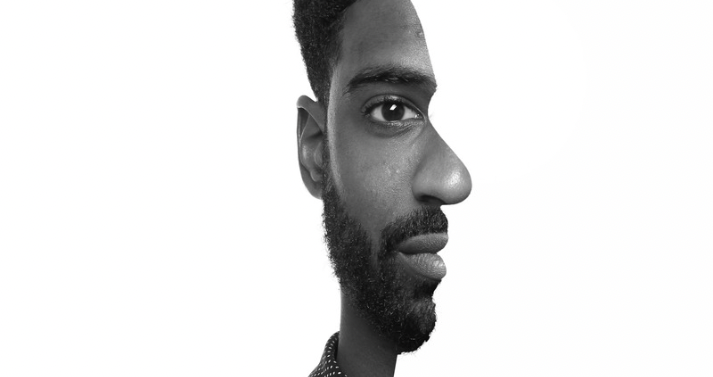Ambivalence is normal… but did you know it can be a strength?

Years ago I ran Motivational Interviewing groups for folks with substance misuse. I distinctly remember a participant’s response in one particular group, when we were talking about ambivalence (and normalizing ambivalence about substances).
I wrote the word “ambivalence” on the board, and asked how people define the word. This participant piped up and said, “The etymology of the word ambivalence is: ‘ambi’ = two sides, and ‘valence’ = strength.”
Ambivalence literally means there is strength on both sides. We often feel a little nutty when we are stuck in ambivalence about something, flip flopping back and forth.
Experiencing ambivalence usually means experiencing some distress!
When we find ourselves ambivalent about something, we often relieve this distress by either giving up (returning to precontemplation), or figuring out how to push forward to make change.
As providers, we aren’t often skilled in working with the art of ambivalence. Many of our programs and systems and interventions are designed to work with people who are in the preparation and action stages of change. But folks wrestling with ambivalence are still in the contemplation stage of change…
And working with those who are contemplative about change- still stuck exploring ambivalence- is an art.
Motivational Interviewing offers us effective tools for working with ambivalence! We learn to normalize ambivalence, and gently explore our clients’ motivations for change. We explore their values and importance of change, giving more attention and focus to when and how they want to work their way toward change.
Ambivalence is normal.
And in fact, ambivalence can be a virtue!
“The test of first-rate intelligence is the ability to hold two opposed ideas in the mind at the same time and still retain the ability to function.” -F. Scott Fitzgerald
Bill Miller, co-creator of Motivational Interviewing, wrote a fun little book called On Second Thought: How Ambivalence Shapes Your Life.
He noted that people who experience greater ambivalence have been found to:
- Be better informed and make more accurate judgements
- Offer fair and balanced evaluations
- Read other people’s emotions more accurately
- Be more open to new information and alternatives
- Be more creative, see unusual associations/ possibilities
- Be less inclined to make impulsive decisions
.
Motivational Interviewing Tip of the Week:
Ambivalence is a normal part of the change process! When you notice ambivalence in yourself or a client, take a moment to affirm that it is normal to feel ambivalence! Then, consider the positive benefits of ambivalence as you notice. If you are ready and wanting to resolve that ambivalence, Motivational Interviewing offers us so many tools! Motivational Interviewing was designed to work with this contemplative stage of change where ambivalence is predominant by exploring their own motivations for change.
Related Posts

Motivational Interviewing Rewires the Brain. There’s a Motivational Interviewing course for that!
This week, in the US, many of us celebrate the Thanksgiving holiday. It’s a holiday with an interesting history that I won’t go address here… but it does have me thinking about gratitude and the power of what we pay attention to. Thanksgiving holiday tends to invite...
Related Posts

How Motivational Interviewing Works: The Spirit of Partnership
This is part 4 in a series of 4 ‘deeper dives’ into the spirit of Motivational Interviewing. If you’d like to check out our blog on the other three elements of MI spirit, compassion, acceptance and empowerment. Just what is the spirit of Motivational Interviewing? The...

Let’s Learn Together!
Hi, I’m Hillary Bolter. At MI Center for Change, Motivational Interviewing is our passion. Motivational Interviewing will help you become more effective and efficient as you support clients’ change!

